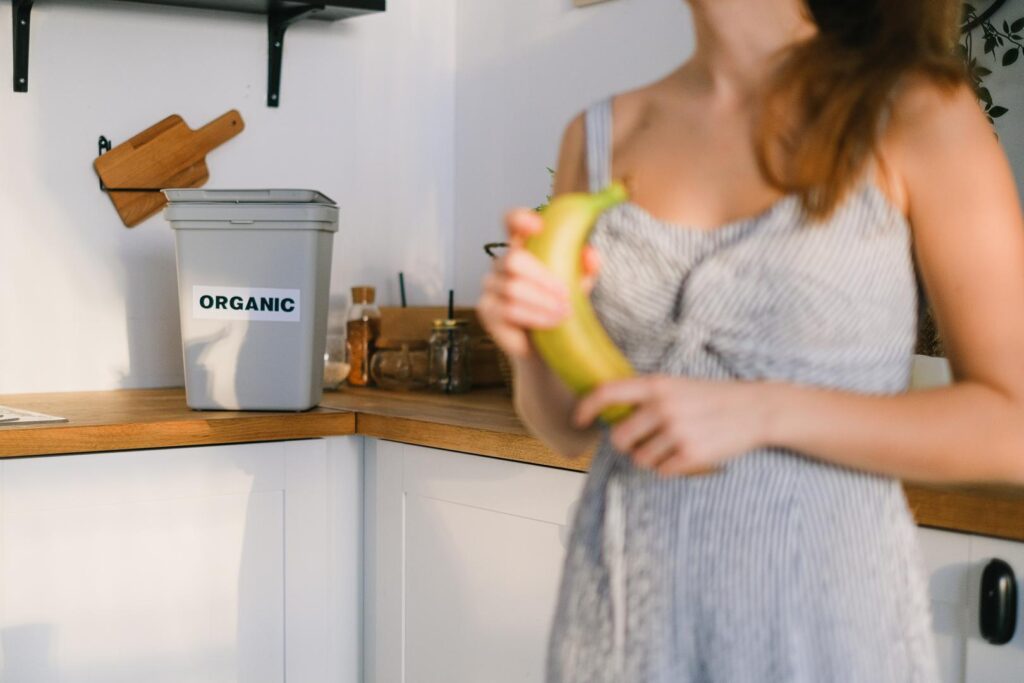The Ultimate Guide to Starting Composting at Home
Have you ever thought about how much food waste you produce? What if you could turn that waste into something useful, like nutrient-rich soil for your garden? Well, you can, and it’s easier than you think. In this guide, we’ll walk you through the basics of how to start composting at home.
Why Compost?
Composting is not just a trend; it’s a way to reduce your carbon footprint and contribute to a healthier planet. According to NPR, 8% of greenhouse gas emissions come from wasted food. By composting, you can help fight climate change right from your backyard.
Types of Composting
- Cold Composting: This is the most straightforward method, involving the collection of yard waste and organic materials in a pile or bin.
- Hot Composting: This method requires active management but speeds up the process. Learn more about it from Better Homes & Gardens.
- Vermicomposting: This involves using worms to break down food scraps.
What Can You Compost?
Here’s a simple list of items you can compost:
- Food scraps like fruit and vegetable peels
- Coffee grounds and filters
- Tea bags
- Grass and plant clippings
- Dry leaves
- Wood chips and bark
- Paper and cardboard
Steps to Start Composting at Home
- Select a Location: Choose a spot in your yard that’s convenient but also far enough away from your living areas. Make sure it’s also away from tree roots and fences.
- Choose a Compost Bin: You can buy a specialized compost bin or use something as simple as a trash can with holes drilled into it for ventilation.
- Start Your Pile: Begin with a layer of ‘brown’ materials like dry leaves or shredded newspaper, followed by a layer of ‘green’ materials like food scraps or grass clippings.
- Maintain the Pile: Keep your compost pile moist but not wet. Turn it regularly to aerate it and speed up the decomposition process.
- Harvest Your Compost: In a few months, your compost should be ready to use. It will be dark, crumbly, and have a earthy smell.
For more tips and tricks, check out this comprehensive guide by Food52.
Common Mistakes to Avoid
Composting is pretty straightforward, but there are some common mistakes you should avoid:
- Don’t add meat or dairy products to your compost pile, as they can attract pests.
- Avoid using chemically treated wood chips or sawdust.
- Don’t let your compost pile get too wet or too dry.
Conclusion
Composting at home is an easy and effective way to recycle your food waste and contribute to a healthier planet. So why wait? Start composting today!
